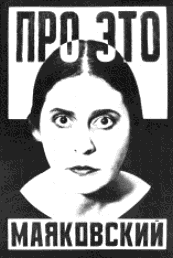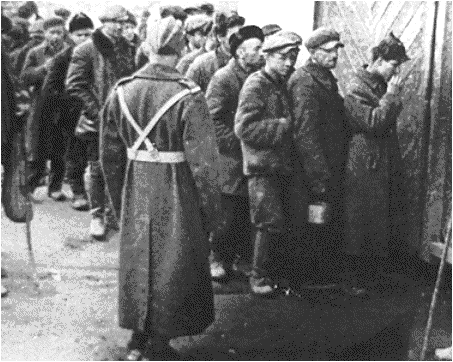Alan Furst
Read by
George Guidall
(Recorded Books Unabridged)

Khristo immediately gets recruited by the local Communist, goes off to Moscow, learns to be a spy and a traitor and an adept --- in a word, an integral part of the Russian Secret Service, the NKVD.
Furst has always offered a panoramic set for his novelistic backgrounds: icy Moscow, the mountains of France, the hill country of Spain, the wilderness of Poland, Mitteleuropa, food and wine and love, love, love in Paris. It's not only panoramic, though; it is, often paranoiac: You cannot hide.
Furst has made a specialty of the bitterly contested wars that have raged over time between Russia and Poland, Bulgaria and Romania, Croatia and Bosnia, Yugoslavia and Macedonia, into the obscure corners of that world: Syrmia, Bessarabia, Carpathia.
His novels are heavily peopled with wise, all-too-wise, all-too-brutal secret police, along with brutal Communists, Marlowe-like heros, fiendish Turks, astute peasants, vile Fascists, wise aristocrats, powerful women ... always with a dollop of the American presence: the Americans usually fresh and optimistic, usually foolish.
Earlier, in the pages of RALPH, we have reviewed other Furst novels --- Kingdom of Shadows, Blood of Victory, Red Gold. We have spoken highly of them all. Night Soldiers is somewhat different, being not only longer, but the earliest of this series, having been published in 1988. It may be longer than most, but we found ourselves, as we listened to this tape, not wanting it to end.
Thus Furst and I have been together now, going to and from work, for ten days, 18-½ hours, 13 cassettes. He tells a dandy story. I mean dandy, but not the walking stick, fancy-dress dandy.
No, this dandy grabs you by the scruff of the neck and won't let go until you, and it, done with each other, are exhausted. I arrive at my job, don't want to leave the car until they blow up the hotel, or until the beat-up old truck of the French partisans can make it down the mountain road, out of the hands of the SS, or until the very unlikely, very American girl meets up with Khristo, wonders about sending a letter home: "Hi, Mom. I'm in Madrid, participating in the Spanish Civil War. Yesterday I machine- Furst is literate and astonishingly knowledgeable about Central Europe --- its history, customs, music, railroads, ships, hotels, love, language, feuds ... and the ghoulish realities of the WWII period. Indeed, sometimes the cynicism of the writing becomes unbearable: "They were getting ready to die in Bratislava and it had made them very serious..."
A Bulgarian tells of what it is like to grow up in the shadow of Russia: "There is an old saying: An elephant can fuck an ant. With enough spit.'" Or from the Turks, "As it is written, so it will be." Or this on the Danube River, a hymn to the history (and the splintering) of Eastern Europe:
This was the Czech Dunaj; it would be the Hungarian Duna in a few miles, then the Dunay in Yugoslavian Serbia, the Dunârea in Romania, then the Dunaj again, in Bulgaria, but it was all the same river, the Danube. He recognized this water, the rhythm of its slow, heavy course, the way it gathered the night's darkness and ran black.
